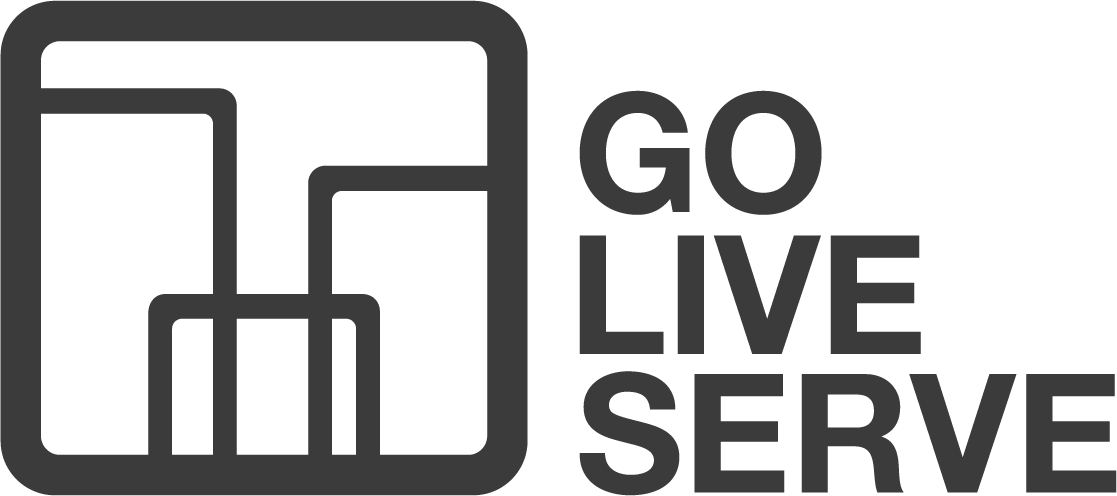THE MAKING OF A MISSIONARY: IT DOESN'T JUST HAPPEN OVERNIGHT OR STOP WHEN YOU COME HOME
In the July Networker, we shared the story of Rosalie who is as much an engineer as a missionary at home and abroad for 35 years. Here’s the backstory of how she grew her bi-vocational career for global missions and moved to the field with several years of intentional preparations.
Language and Culture Preparation
When Rosalie felt called to China early in her engineering career, she felt unready. After working for 2 years out of college, she went to study language abroad as a first step. Meeting local Chinese believers as well as expatriates who were committed to serving the Lord in China. inspired her and gave her a longer term view for going overseas. Her friend in language school had a PhD in English. She followed her calling and served for 29 years as a professor in China. But God had other plans for Rosalie.
Further Preparations as a Professional and Cross-cultural Worker
Upon her return to the US, she moved to the San Francisco Bay area with three objectives: gain more experience and credentials as an engineer, improve her Chinese, and get some bible training so she could be a solid disciple maker. Working for a major employer with large projects, Rosalie gained exposure to many different experiences and learned to work with people from all over the world as her co-workers. She became a team leader of 14 engineers by the time she went to China as a seasoned professional.
She sought out a church in San Francisco with many Mainland Chinese immigrants to immerse herself in the language and culture. For a 4th generation Chinese American raised on a farm in rural Oregon, those years of work and church was a challenging but rewarding cross-cultural experience. Her pastor steered her to a seminary where she took classes part-time long enough to earn a graduate degree. While a degree was not the aim, the process gave her more tools for ministry, equipped her to think more critically about the faith and established her own biblical foundation.
Missional Community to Nurture and Send Workers
Moving to the Bay Area also introduced her to a wider Chinese American faith community and an emerging missions movement among them. The like-minded camaraderie of young professionals who wanted to use their careers for global missions kept her vision alive. They organized an annual conferences and year round prayer meetings. There, they talked and prayed about the challenges they faced in preparing for the mission field: professional viability, debt, parental opposition, alignment in marriage, raising a family overseas, etc. Rosalie even served on the conference committee for several years. That taught her how to work with other believers who were equally committed to missions but had different approaches or directions.
Out of her peer group, she was one of the first to go overseas as a tentmaker. People in this like-minded community helped send her and sustained her through their prayers and encouragement. Over time, others in leadership also went overseas as tentmakers. Many became pastors and lay leaders to build missional churches in California for local outreach and as sending communities to pray for and support those who served abroad.
Globalocal Mission After The Field
After 8 years in China, Rosalie returned to the U.S. to care for her elderly parents. She became involved with international outreach as students from East Asia came to her city for an American education. This gave her the privilege of being part of some of their spiritual pilgrimages toward Christ. Rosalie also found herself in geriatric ministry, witnessing to elderly members of her family. Some came to Christ before they passed on, not the least of whom were her own parents in their late 80s.
In recent years, her company has hired people from different parts of the world. She has been slowly developing relationships with them, made more challenging by the pandemic and the company’s business model, with teams located at their different project sites. She has to make extra efforts to earn the respect of her mostly male colleagues and seize opportunities to get into more engaged conversations with them in the course of M-F work.
As Goer or Sender, the Journey Continues
Over the years, Rosalie has spoken at missions conferences in her region. She also shared on our recent Work As Globalocal Mission webinar. During her two terms on the GLS Board, Rosalie contributed from her field experience, and shared with those in candidacy. After years as a “goer” in global missions, Rosalie now partners with others as a “sender”.
Rosalie’s story illustrates how intentionality and community in one’s journey to the field are important for the aspiring tentmaker to stay on track, especially when the journey of preparation could be long, and there are no short cuts.
Crossing an ocean doesn’t suddenly make anyone a tentmaker. Developing competencies for ministry and work, with the ability to apply them to different situations, is essential for fruitfulness. Doing good work and being a good witness wherever we are must be cultivated as a lifestyle so it becomes part of your nature. Then when we go overseas, we can lean on what we have built in our lives, while adjusting for challenges in a different cultural context. People need to see the gospel as a lifestyle that is continually cultivated. As now, so then.
Reflection Questions:
What ability or gift has God given you that you can use to serve in cross-cultural missions?
What ability or gift would you like to acquire for serving Him on the missions field?

